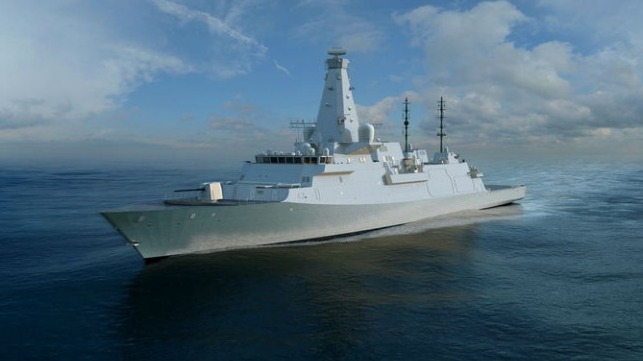Complaint Dismissed in Canada's Warship Construction Battle

The Canadian International Trade Tribunal has dismissed a complaint by Alion, one of the companies that bid on the nation's contract for a series of new warships.
The $60 billion contract is likely to be awarded to Lockheed Martin. It involves the construction of 15 warships and is the largest single government purchase in Canada's history. Lockheed Martin is proposing the Type 26 warship designed by BAE.
Alion complained that BAE’s Type 26 does not meet the mandatory requirements set by the government' request for proposal (RFP) regarding vessel speed and the number of crew berths.
The RFP was released to 12 companies that had been pre-qualified to participate in the procurement by Irving Shipbuilding in October 2016. Irving is the prime contractor for the construction of the 15 warships at its Halifax shipyard.
Alion states that its proposed design, based on a Dutch frigate, met all of the RFP’s requirements. A bid was also received from Navantia/Saab/CEA Technologies with their proposal was based on the Spanish Navy F-105 frigate.
In reaching the decision, the Tribunal referenced motions by Public Services and Procurement Canada and Irving Shipbuilding. Both argue that the Alion does not have standing to bring the complaint before the Tribunal and that the Tribunal does not have jurisdiction to conduct the inquiry.
The new warships will replace Canada’s 12 aging Halifax-class frigates and already-retired Iroquois-class destroyers. The choice of preferred bidder was announced in October last year, and construction of the 150-meter (492-foot) vessels is expected to start in the early 2020s.
The procurement has been the subject of bid-rigging allegations including that a number of amendments were made to the RFP to suit Lockheed Martin's bid. The company's proposed design, whilst under construction for the Royal Navy and selected for the Royal Australian Navy, is seen to be inconsistent with Canada's National Shipbuilding Strategy that calls for a proven, off-the-shelf design to cut costs and mitigate risks.
